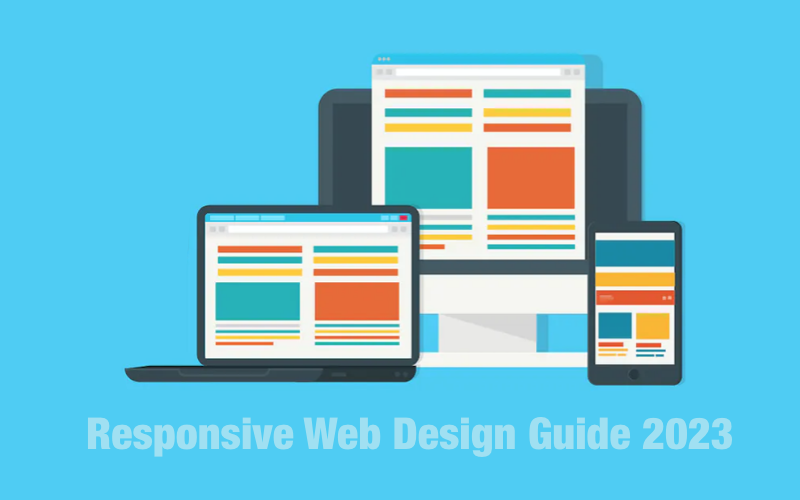Introduction
In the modern world of web development, responsive design is increasingly becoming one of the most sought-after skills. In particular, the year 2023 is set to be a pivotal year for the development of the web and the importance of responsive design is only going to increase. This guide aims to provide an overview of the key concepts and considerations behind responsive design as we move towards 2023.
Why Responsive Design Needed in 2023
Responsive design is the practice of creating websites and web applications that are able to adapt to different screen sizes, devices and orientation. As the web continues to evolve, it is essential for developers to ensure that their websites are able to keep up with the ever-shifting landscape. By 2023, the majority of websites and web applications are expected to be responsive in order to maintain a consistent user experience across devices and platforms. Not only does this ensure that users have a good experience regardless of their device, but it also helps maintain search engine rankings. Responsive design is also important when it comes to creating a website that is accessible to all users. By making sure that the design is responsive, developers can ensure that their website is available to everyone regardless of their device or platform.
Mobile First Design Approach
The mobile-first design approach is a popular strategy among developers that focuses on creating websites and web applications that are optimized for mobile devices. By taking a mobile-first approach, developers can ensure that their website is optimized for the most common device type and that all other devices are supported. This approach is particularly important in 2023 as mobile devices are expected to dominate the web. Not only is this an important consideration for providing a good user experience, but it is also essential for ensuring that a website is able to maintain its search engine rankings.
Using Modern CSS
Modern CSS is an essential part of responsive design. By using modern CSS, developers can create websites that are able to adapt to different devices and screen sizes. This includes techniques such as flexbox and grid layouts that are designed to help create responsive designs. In addition to these techniques, developers can also use media queries to create responsive designs. Media queries allow developers to target specific device sizes and orientations and create unique styles for them. This allows developers to create designs that are tailored to different devices and ensures that the user experience is consistent across all devices.
Using Bootstrap Framework
The Bootstrap framework is a popular CSS framework that is designed to make it easier for developers to create responsive designs. The framework includes several components that are designed to make it easier to create responsive designs. This includes a responsive grid system and a set of ready-made components that can be used to quickly create responsive designs.
Using Tailwind CSS
Tailwind CSS is a modern CSS framework that is designed to make it easier to create responsive designs. The framework includes several components that are designed to make it easier to create responsive designs. This includes a responsive grid system and a set of ready-made components that can be used to quickly create responsive designs.
Defensive CSS
Defensive CSS is a technique that is used to ensure that a website or web application is able to adapt to different devices and screen sizes. This technique involves using a combination of modern CSS and media queries to create styles that are tailored to different devices. This ensures that the user experience is consistent across devices and that the website is able to maintain its search engine rankings.
Best Practices
When creating a responsive design it is important to follow best practices. This includes using modern CSS and media queries to create styles that are tailored to different devices. It is also important to use tools such as the Bootstrap framework and Tailwind CSS to make it easier to create responsive designs.
Conclusion
Responsive design is an essential skill for any web developer in 2023. By using modern CSS, media queries and frameworks such as Bootstrap and Tailwind CSS, developers can create websites and web applications that are able to adapt to different devices and screen sizes. This ensures that the user experience is consistent across devices and helps maintain search engine rankings.

